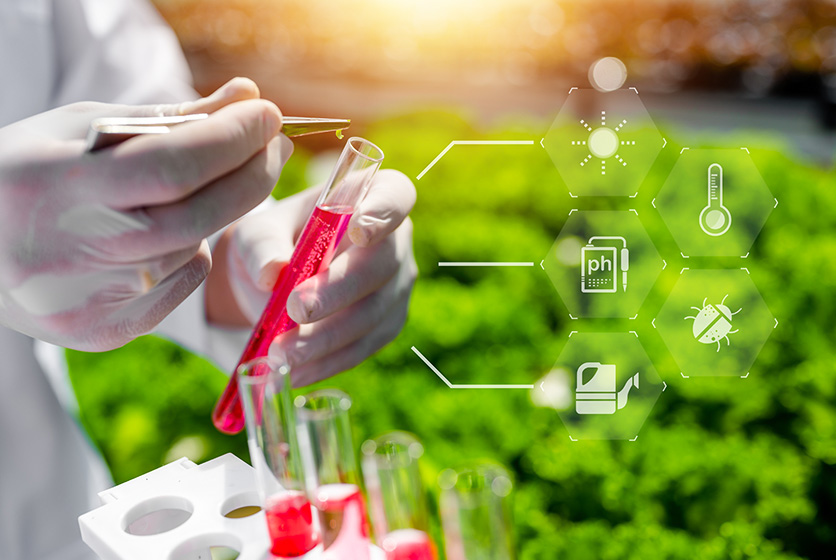Agricultural Science – How Does It Help?
There are many ways in which science & technology helps agriculture. Whether it is the use of drones to monitor soil health, digital mandis, or nano-tech in fertilisers – technology and science are shoring up agriculture like never before. Therefore, the rise of agricultural science should come as no surprise. If you were to think of agricultural science or agriscience as a field that brings together aspects of biology, social sciences, and natural sciences together, you would know the value of such an interdisciplinary approach that delivers multiple benefits.
How does agriscience help?
Today, the world has realised the importance of sustainable agriculture. Growing demand, increasing population, climate change and a plethora of other factors have necessitated the implementation of a comprehensive approach when it comes to agriculture. Whether it is the use of the right kind of fertilisers, improving crop yield, or pest control methods – managing resources in the best way possible, is essential.
Some of the major advantages of having an agriscience plan are:
-
Better understanding of all agricultural processes
-
Having a systematic approach to education & knowledge
-
Use of design thinking when it comes to resources
-
Soil and water health improvements
-
Improving practices related to cropping, harvesting, tillage etc
-
Greater insight into plant physiology
-
Better grasp of insecticide application and so on
Agriscience brings together significant aspects of horticulture, biotechnology, entomology, and even chemistry; to name just a few disciplines; to boost agricultural productivity.

Agriscience plays a role everywhere
Science is ubiquitous! And when is it deployed in agriculture, it can help in many ways including:
-
Insights into environmental factors and ways to deal with the same
-
Handling the changing scenarios of food production & consumption
-
Improving agricultural productivity by improving pest management systems including insects, weeds, fauna, etc
-
Making changes to the way farmers irrigate their lands, given the challenges of water supply
-
Post-harvest systems including storage and transportation
-
Soil management – managing degradation, improving soil health, managing fertilisers input and
-
Helping subsistence farmers improve their crop management practices too
Agriscience and India
The Indian Council of Agricultural Research (ICAR) is doing a lot of work in this field. In October 2023, ICAR along with Central Marine Fisheries Research Institute will be hosting an Agricultural Science Congress. This event will bring together researchers, farmers, academicians, and technology experts who will pool their specific knowledge on various systems to strengthen agricultural practices.
ICAR’s network – more than a hundred institutes, and more than 70 universities – puts it in a strong position when it comes research and development in agriscience.
Academic institutions are also doing their bit for agriscience. For instance, the University of Agricultural Sciences recently opened a first-of-its-kind Agricultural Science Museum in Bengaluru. It is set to play a significant role in providing the right information to agriculturists and young children too.
With the engagement and involvement of future generations India can look forward to a strong presence in agricultural science as well. This transformative impact of science on agriculture could hold a huge key to India’s success and strength in agriculture practices.
#InterestingInfo
-
Late M.S Swaminathan was a leading agriculture scientist.



